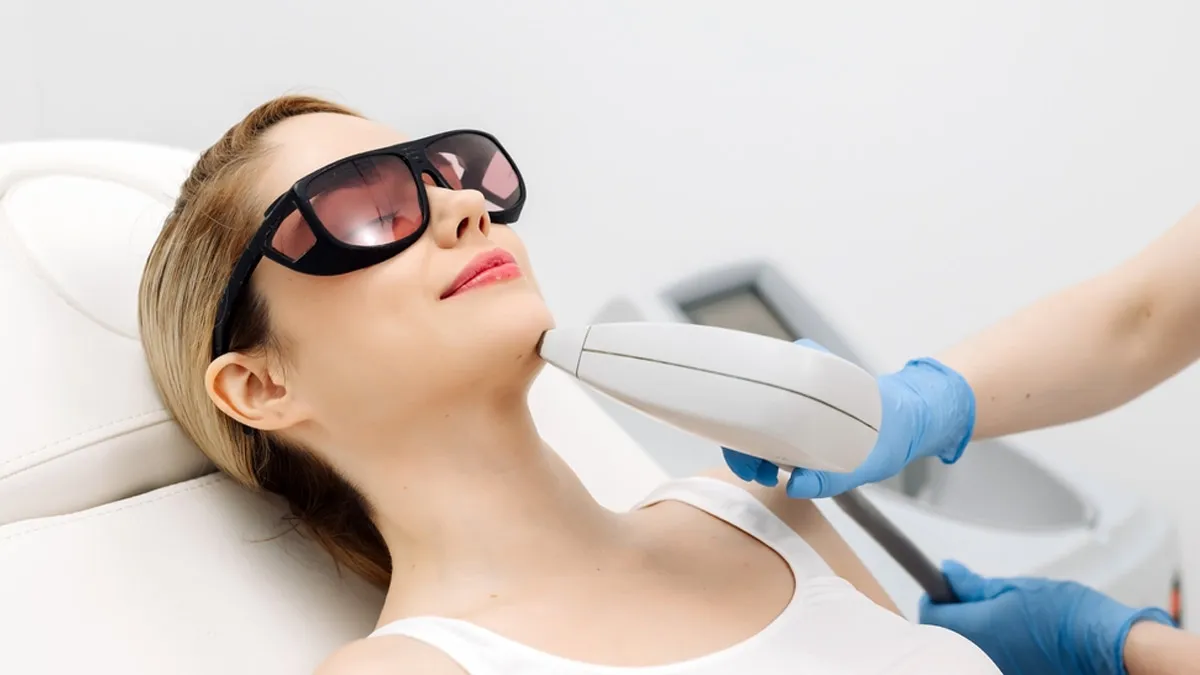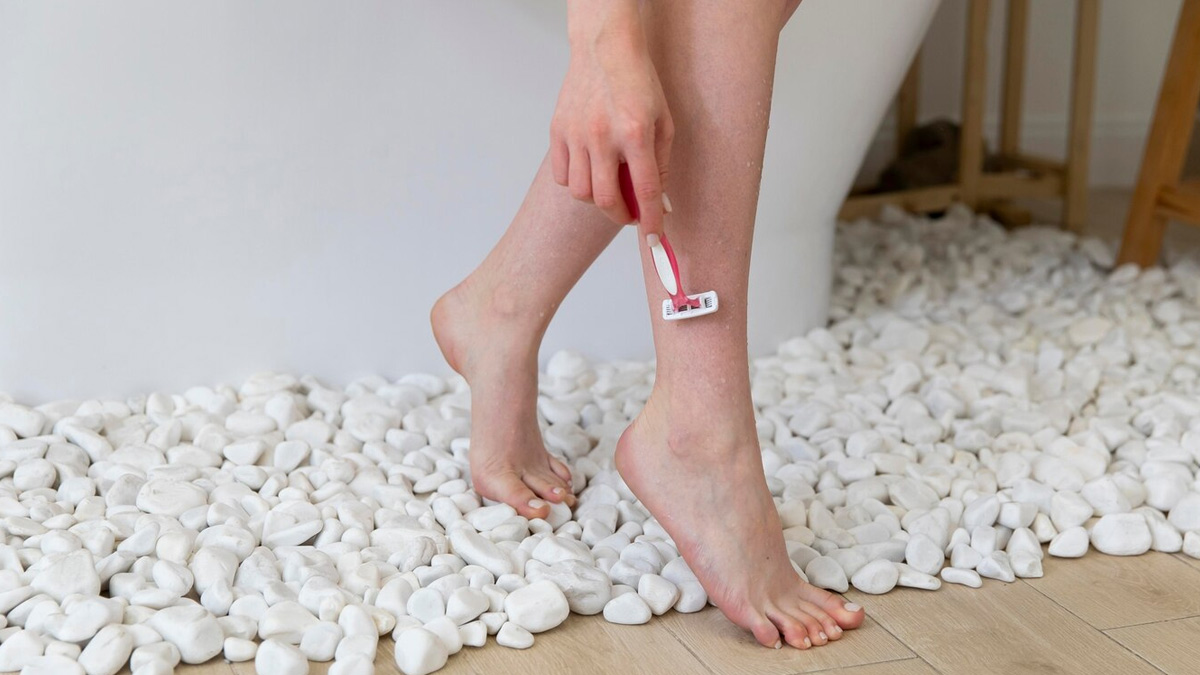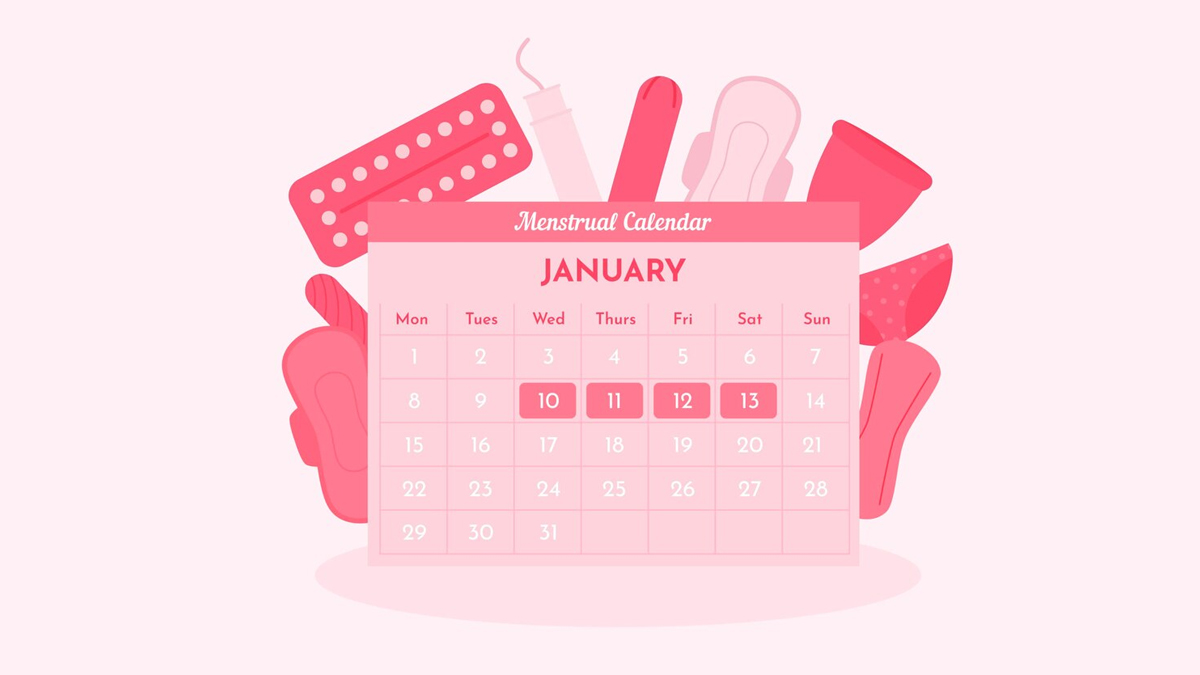
Laser hair removal is one of those beauty treatments that will supposedly release you from the never-ending battle of shaving, waxing, or plucking. Too good to be true, isn't it? But before you glide through your first session imagining it's all plain sailing, here are some things you need to know. Preparing correctly can mean all the difference in how efficient and pleasant your treatment is.
Table of Content:-
Important Tips to Know Before Your Laser Hair Removal Appointment
Here are seven important tips to ensure you walk into your laser appointment fully prepared, physically and mentally.
1. Shave, But Don’t Wax or Thread

This one surprises many people. You should shave the area 24 hours before your appointment but don’t wax, pluck, or use hair removal creams.
This is because laser hair removal targets the pigment in the hair root. If you’ve waxed or plucked, there’s no root for the laser to find. But shaving is fine (and recommended) because it removes the surface hair while keeping the root intact. Additionally, shaving reduces the risk of burns since surface hair won’t absorb the laser's energy.
2. Avoid Sun Exposure
Tanned skin and lasers don't get along. Avoid sunbathing or tanning beds for at least two weeks before your session.
Tanning raises the melanin level in your skin, and as the laser goes after pigment, this can enhance your risk for side effects, such as burns, blisters, or hyperpigmentation. When heading outside, apply a broad-spectrum SPF of 30 or higher, even if it's a cloudy day.
Also Read: Laser Hair Removal? Is It Really A Healthy Choice
3. Skip Skincare Actives Beforehand

If you're using skincare products with ingredients like retinol, glycolic acid, salicylic acid, or benzoyl peroxide, pause those in the treatment area at least 2–3 days before your session.
Using these products can make your skin more sensitive and prone to irritation. Keep your skin barrier calm and happy before the laser touches it. When you arrive for your appointment, your skin should be bare and free of lotions, deodorants, oils, or makeup.
4. Check Your Medications
Certain medications increase the photosensitivity of your skin, making you more likely to have an adverse reaction to the laser. Inform your provider if you're on antibiotics, birth control, acne medications, or supplements. It’s important to disclose everything, even herbal supplements or topicals, so they can adjust the laser settings or advise if it’s safe to proceed.
5. Avoid Scheduling Around Your Period

Laser treatment is completely safe during your menstruation period, but you might be more sensitive to pain during that period because of changing hormones. If you’re treating sensitive areas like your bikini line, consider scheduling your session in the middle of your cycle. If your schedule doesn’t allow flexibility, it’s still doable, bring a tampon or menstrual cup if needed.
Also Read: Is Laser Hair Removal Safe For Diabetics? Doctor Explains Risks & Precautions
6. Be Real About Your Hair and Skin Type
Different lasers work best for different hair and skin tones. Make sure you book your appointment with someone who is trained to pair the correct laser to your skin type. Ask questions, this is your skin we are discussing!
7. Know That It's a Process, Not a Quick Fix
Laser hair removal isn't a quick fix. You will probably have to have 6–8 sessions 4–6 weeks apart, depending on the region and your hair growth cycle. Be patient.
Also, be realistic about your expectations. Laser is most effective on dark, coarse hair, and may not be as effective on fine, light-coloured hair. Hair will grow back finer and less dense over time, and some find permanent reduction, while others may require maintenance treatments.
[Disclaimer: This article contains information for informational purposes only. Hence, we advise you to consult your professional if you are dealing with any health issue to avoid complications.]
Also watch this video
How we keep this article up to date:
We work with experts and keep a close eye on the latest in health and wellness. Whenever there is a new research or helpful information, we update our articles with accurate and useful advice.
Current Version